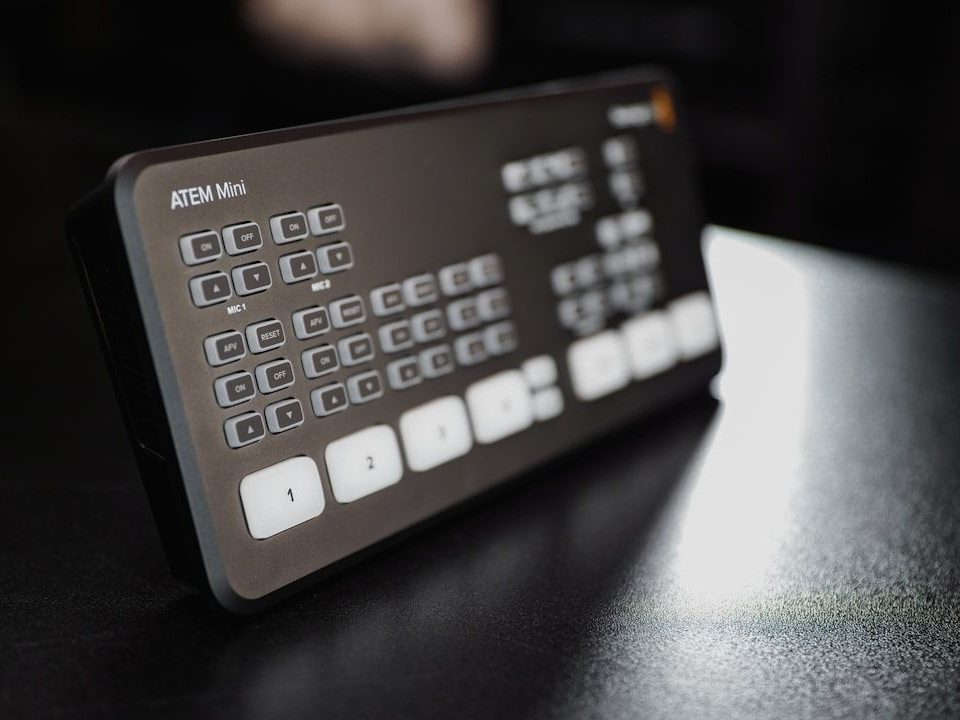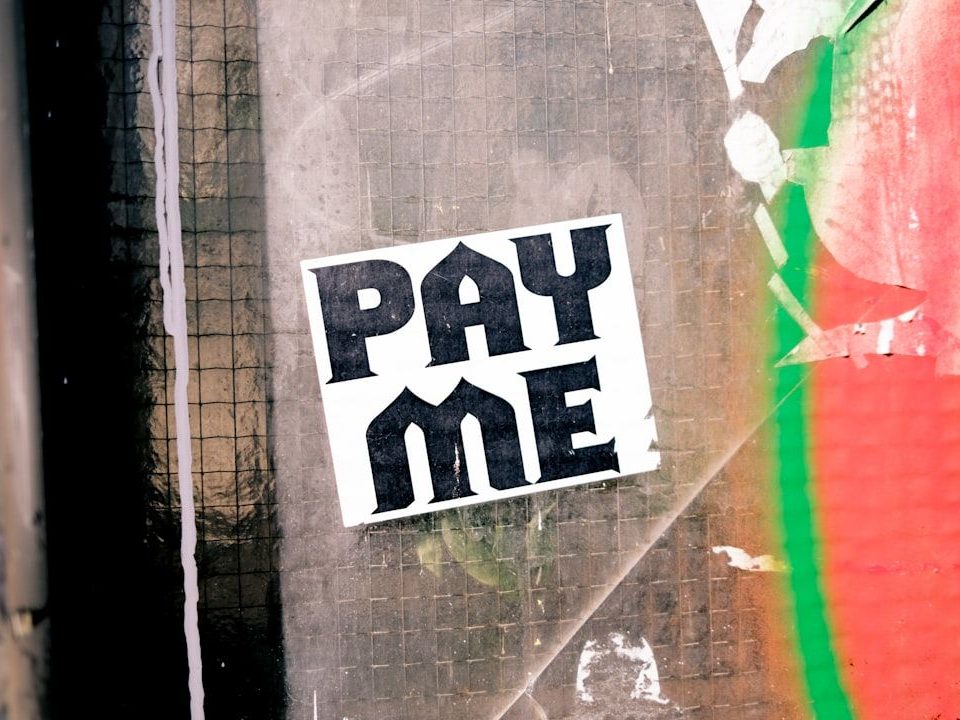
Calculate Monthly Recurring Revenue the Right Way
July 1, 2025
How to Calculate Break Even: Easy Step-by-Step Guide
July 10, 2025Understanding Business Expenses: The Truth About Claiming Meal Costs
Introduction
For many business owners, navigating tax deductions can feel like walking through a minefield. One area that consistently causes confusion is claiming food and meal costs. If you’ve been claiming your lunch meetings and business trip dinners as full deductions, you might be in for a surprise.
The New Zealand Inland Revenue Department (IRD) has clear guidelines on what food expenses qualify as legitimate business deductions—and the answer might not be what you hope to hear. Let’s dive into what you can and cannot claim when it comes to food expenses for your business.
The Basic Rule: Food is Personal, Not Business
The fundamental principle is straightforward: food and drink are considered personal expenses, not business ones. Why? Because you need to eat and drink to live regardless of whether you’re working or not.
This means that in most situations, that coffee you grabbed between client meetings or the lunch you ate while working at your desk isn’t deductible—even if you were conducting business activities at the time.
Claiming Meal Costs as a Sole Trader or Partner
For sole traders and business partnerships, the rules are particularly strict:
- No food or drink can be claimed as a business expense during normal operations
- This applies even when you’re away on business trips, staying overnight at hotels, or attending conferences
- The only exception is when you’re “entertaining” for business purposes (more on this below)
The Entertainment Exception
When you’re entertaining suppliers, wining and dining clients (or potential clients), or holding staff functions, these expenses fall under the entertainment category. However, there’s a catch—only 50% of these costs are deductible.
Learn more: Understanding Entertainment Expenses for Your Business: A Complete Tax Guide
The Rare Exception – When you can claim meal costs
There is one extremely rare situation where a sole trader or partner might claim meal costs: if you’re in an area with no self-catering accommodation options and no supermarkets nearby. Even then, you can only claim the difference between what the meal cost and what you would have spent at home. This scenario is reasonably uncommon and the administration of it is probably not worth the hassle. This being said, we think a pragmatic way to work this is:
- Find a ‘per plate cost’ as advertised by a food provider such as My Food Bag.
- Claim the difference between the per plate cost and the actual spend.
Rules for Shareholder Employees
If you operate through a company and are a shareholder-employee, the same general rules apply, with one important exception: if your signed employment agreement specifically requires that your company reimburse you for meals and drinks or provide you with a meal allowance.
For this exception to be valid:
- The cost must be incurred when you’re away from your normal workplace for business purposes
- The reimbursement must be reasonable and consistent with what other employees receive
- Entertainment and Fringe Benefit Tax (FBT) rules may still apply
Practical Examples – Claiming Meal Costs
Example 1: Long Workday with Travel
Ben travels between clients all day and doesn’t get home until 8 pm. During his workday, he buys lunch, coffee, and dinner. Can he claim these expenses?
Answer: No. These are personal expenses because Ben would need to eat regardless of whether he was working.
Example 2: Remote Location with Limited Options
Kat travels to a rural area where the only accommodation is a hotel with a restaurant. There’s no supermarket nearby and no way to self-cater. The restaurant meals cost more than she would typically spend at home.
Answer: Kat may be able to claim the difference between her normal meal cost and what she had to spend at the restaurant.
Example 3: Employee Travel Reimbursement
Bob’s employment contract states that his employer will reimburse his meals when traveling for work. He goes on a two-day business trip to meet clients in another city.
Answer: The company can deduct these reimbursed expenses because they’re employee expenses covered by an employment agreement.
Example 4: Client Entertainment
Sally takes a potential client out for lunch to build a business relationship.
Answer: She can claim 50% of the cost under the entertainment rules.
What Travel Expenses Can You Claim?
While meals are generally not deductible, other travel costs for legitimate business purposes remain fully claimable:
- Flights and other transportation costs
- Taxis or rideshares
- Mileage or vehicle expenses if using your own car
- Accommodation
- International travel expenses related to business
Learn more: Claiming Travel Expenses in Business
GST Implications
You can only claim GST on the business portion of meal expenses. If you’re making a 50% non-deductible adjustment on meal expenses because spouse is joining you (for example), the same 50% adjustment applies to GST claims.
Fringe Benefit Tax Considerations
When employers directly provide meals to employees, this may trigger Fringe Benefit Tax (FBT) obligations as these are considered a type of benefit.
However, exemptions exist:
- Meals provided to employees working away from their normal location for business reasons (limited to 3 months)
- Light refreshments (like coffee and biscuits) when employees are working away from their workplace most of the day
Learn more about FBT here: Fringe Benefit Tax Explained: What You Need to Know
Conclusion: When in Doubt, Claiming Meal Costs is Probably a ‘No Go’
If you’re thinking “But what if…” or “What about…”, the answer to your question about meal deductibility is probably “No.” The IRD has taken a firm stance on food expenses, recognizing them as primarily personal in nature.
How Business Like NZ Ltd Can Help
Navigating business expenses and tax regulations can be overwhelming, especially when the rules seem counterintuitive. At Business Like NZ Ltd, our certified accountants ensure all your expense claims comply with New Zealand’s accounting and tax legislation.
We provide:
- Expert review of expense claims during tax return preparation
- Year-round support for questions about deductibility
- Accounting services including GST, FBT, Tax returns, and strategic financial planning
- Management reports and financial insights to help your business grow
Don’t risk costly mistakes with your business expenses. Contact Business Like NZ Ltd today to discuss your accounting requirements and discover how we can help you maximize legitimate deductions while staying compliant with tax regulations.
Ready to get your business finances sorted? Book a call with one of our expert accountants today.




